Share this post:
Table of Content
Explore the Indian Political Leaders Biography
Explore the world of leaders as we showcase significant political profiles making an impact in politics. Discover their stories, beliefs, and the ways they shape the world.
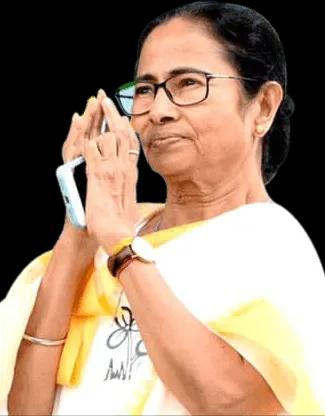
Chief Minister, West Bengal
Mamata Banerjee

Chief Minister, Tamil Nadu
M.K. Stalin

Former CM of Rajasthan
Barkatullah Khan

Union Cabinet Minister for Food Processing in India
Chirag Paswan

Member of Parliament
Kangana Ranaut
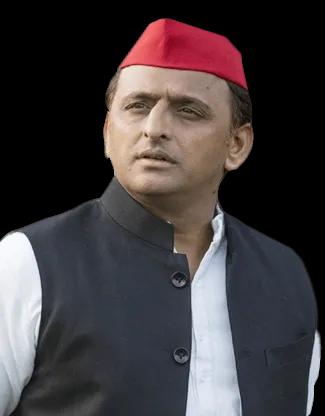
Samajwadi Party President
Akhilesh Yadav

Minister of Home Affairs
Amit Shah

Aam Aadmi Party Chief
Arvind Kejriwal

President AIMIM National
Asaduddin Owaisi

Rajasthan EX CM, MLA Sardarpura
Ashok Gehlot

Ex Chief Minister of Delhi
Atishi Marlena Singh

Chief Minister, Punjab
Bhagwant Mann
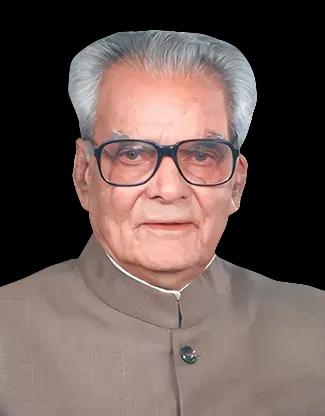
Former Vice President of India
Bhairon Singh Shekhawat

Chief Minister, Rajasthan
Bhajan Lal Sharma

Union Minister
Bhupender Yadav

Vice President of India
C. P. Radhakrishnan

Chief Minister of Maharashtra
Devendra Fadnavis

Deputy Chief Minister of Rajasthan
Diya Kumari

Member of the Lok Sabha
Hanuman Beniwal

Former Chief Minister of Rajasthan
Haridev Joshi

Chief Minister, Jharkhand
Hemant Soren

Chief Minister, Andhra Pradesh
Jagan Mohan Reddy

MLA Bagidora
Jai Krishn Patel

Former Union Cabinet Minister
Kumari Selja

Social activist
Manoj Jarange Patil

Prime Minister Of India
Narendra Modi

BJP Leader Wayanad
Navya Haridas

Andhra Pradesh CM
N. Chandrababu Naidu

Minister of Corporate Affairs of India
Nirmala Sitharaman

N/A
Nishant Kumar

Chief Minister of Bihar
Nitish Kumar

Former Speaker of Rajasthan assembly
Parasram Maderna
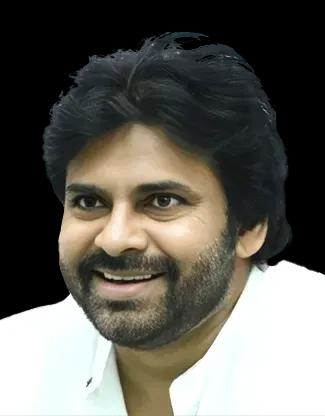
Deputy Chief Minister - Andhra Pradesh
Pawan Kalyan

Member of the Lok Sabha for Wayanad, Kerala
Priyanka Gandhi Vadra
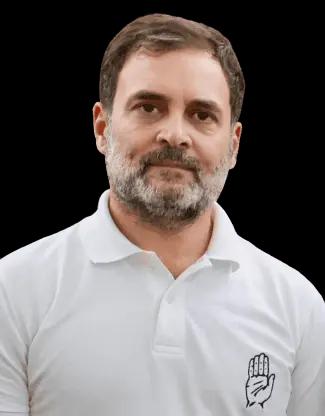
Leader of the Opposition
Rahul Gandhi

Chief Minister, Delhi
Rekha Gupta

Former State President, Rajasthan
Satish Poonia

RSS Ideologue
Seshadri Chari

Minister of Agriculture and Farmers Welfare
Shivraj Singh Chouhan

Ex. Deputy Chief Minister, Bihar
Tejashwi Yadav

Former Chief Minister, Maharashtra
Uddhav Thackeray

Chief Tamilaga Vettri Kazhagam
Vijay

Former Chief Minister of Gujarat
Vijay Rupani

Chief Minister, West Bengal
Mamata Banerjee

Chief Minister, Tamil Nadu
M.K. Stalin

Former CM of Rajasthan
Barkatullah Khan

Union Cabinet Minister for Food Processing in India
Chirag Paswan

Member of Parliament
Kangana Ranaut

Samajwadi Party President
Akhilesh Yadav

Minister of Home Affairs
Amit Shah

Aam Aadmi Party Chief
Arvind Kejriwal

President AIMIM National
Asaduddin Owaisi

Rajasthan EX CM, MLA Sardarpura
Ashok Gehlot

Ex Chief Minister of Delhi
Atishi Marlena Singh

Chief Minister, Punjab
Bhagwant Mann

Former Vice President of India
Bhairon Singh Shekhawat

Chief Minister, Rajasthan
Bhajan Lal Sharma

Union Minister
Bhupender Yadav

Vice President of India
C. P. Radhakrishnan

Chief Minister of Maharashtra
Devendra Fadnavis

Deputy Chief Minister of Rajasthan
Diya Kumari

Member of the Lok Sabha
Hanuman Beniwal

Former Chief Minister of Rajasthan
Haridev Joshi

Chief Minister, Jharkhand
Hemant Soren

Chief Minister, Andhra Pradesh
Jagan Mohan Reddy

MLA Bagidora
Jai Krishn Patel

Former Union Cabinet Minister
Kumari Selja

Social activist
Manoj Jarange Patil

Prime Minister Of India
Narendra Modi

BJP Leader Wayanad
Navya Haridas

Andhra Pradesh CM
N. Chandrababu Naidu

Minister of Corporate Affairs of India
Nirmala Sitharaman

N/A
Nishant Kumar

Chief Minister of Bihar
Nitish Kumar

Former Speaker of Rajasthan assembly
Parasram Maderna

Deputy Chief Minister - Andhra Pradesh
Pawan Kalyan

Member of the Lok Sabha for Wayanad, Kerala
Priyanka Gandhi Vadra

Leader of the Opposition
Rahul Gandhi

Chief Minister, Delhi
Rekha Gupta

Former State President, Rajasthan
Satish Poonia

RSS Ideologue
Seshadri Chari

Minister of Agriculture and Farmers Welfare
Shivraj Singh Chouhan

Ex. Deputy Chief Minister, Bihar
Tejashwi Yadav

Former Chief Minister, Maharashtra
Uddhav Thackeray

Chief Tamilaga Vettri Kazhagam
Vijay

Former Chief Minister of Gujarat
Vijay Rupani

VoterMood is a platform for democratic engagement. Information on this platform is meant for public awareness and participation. Users are encouraged to engage responsibly and respect democratic principles.

2024 © VoterMood - Designed and Developed byZentek Infosoft.
